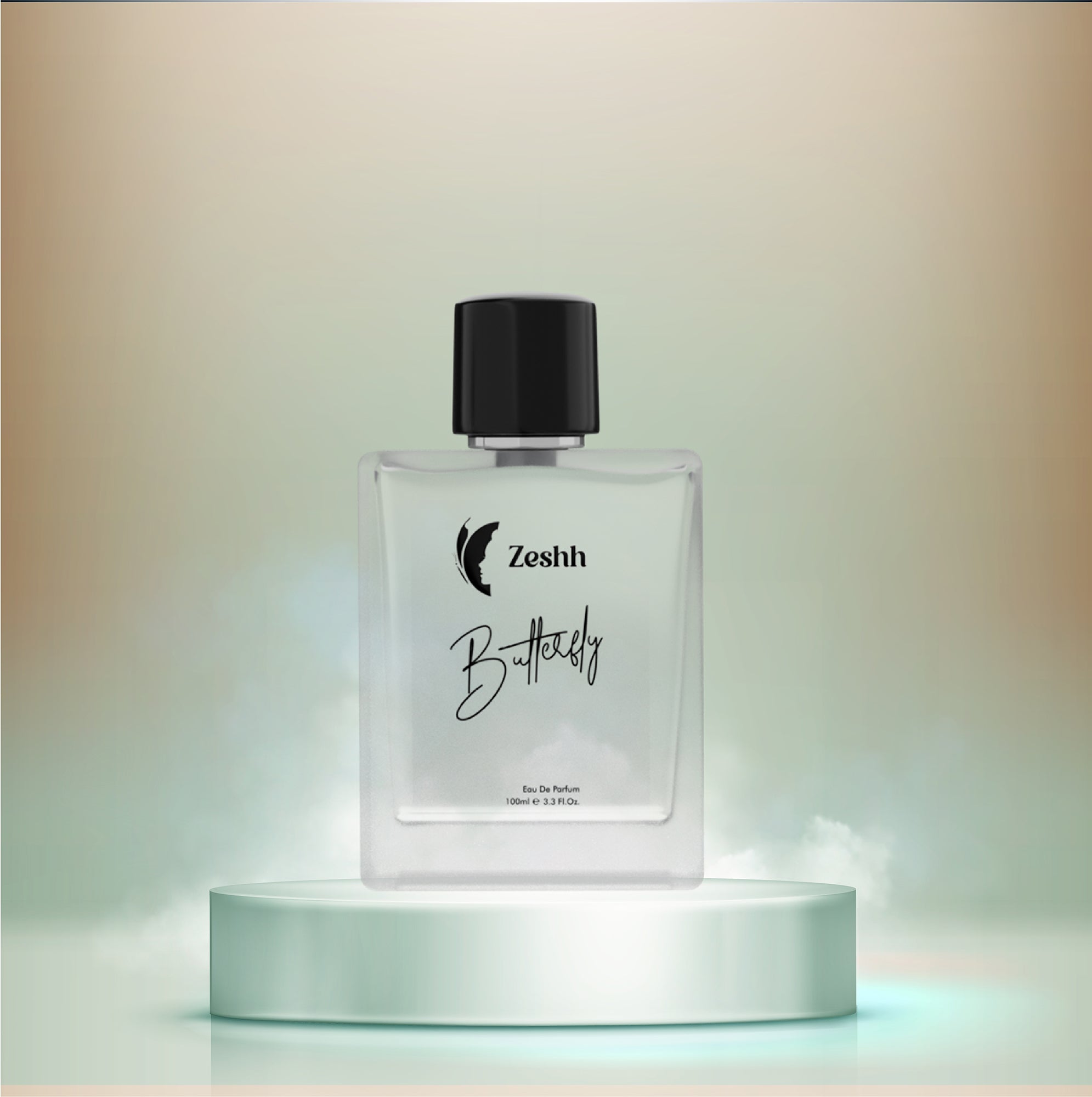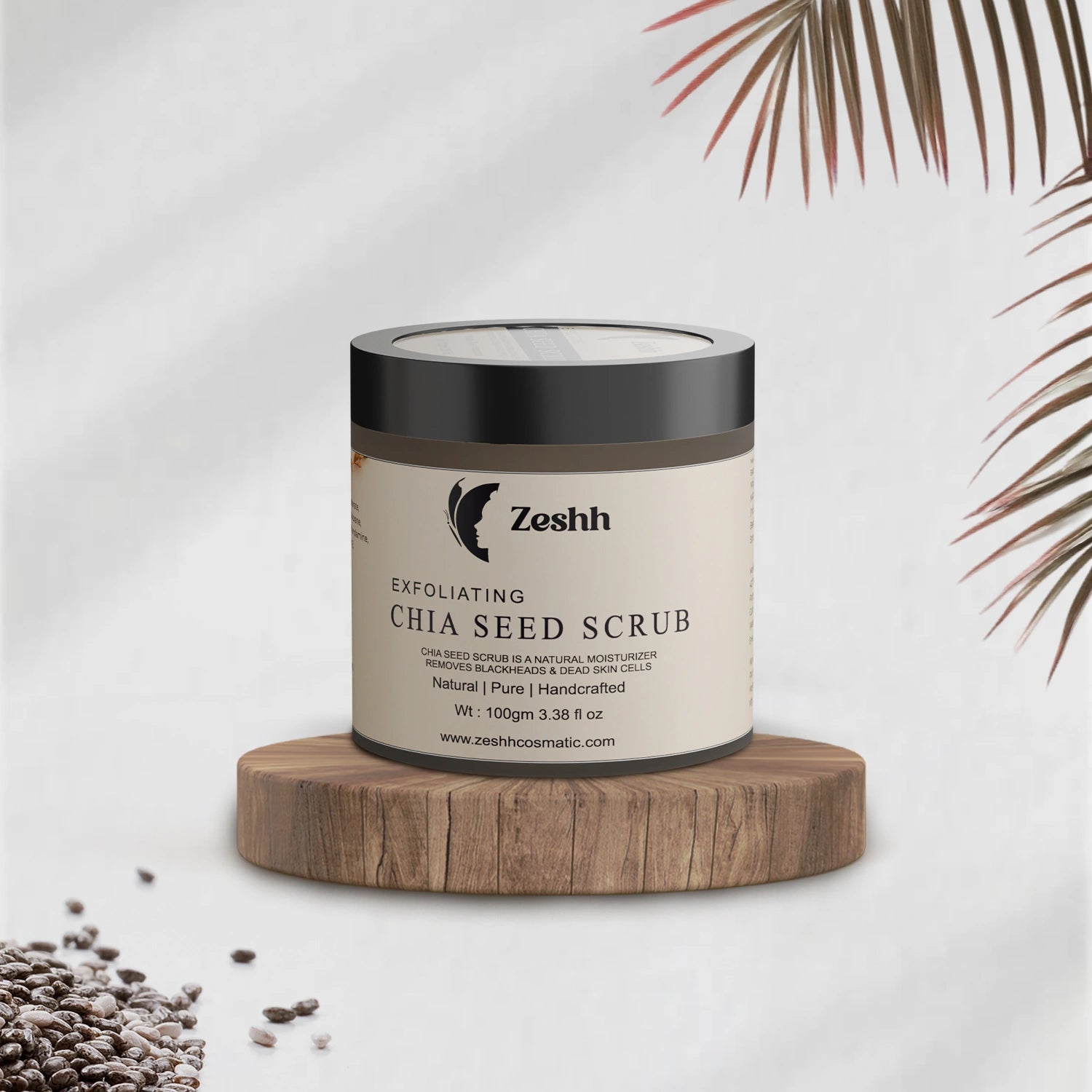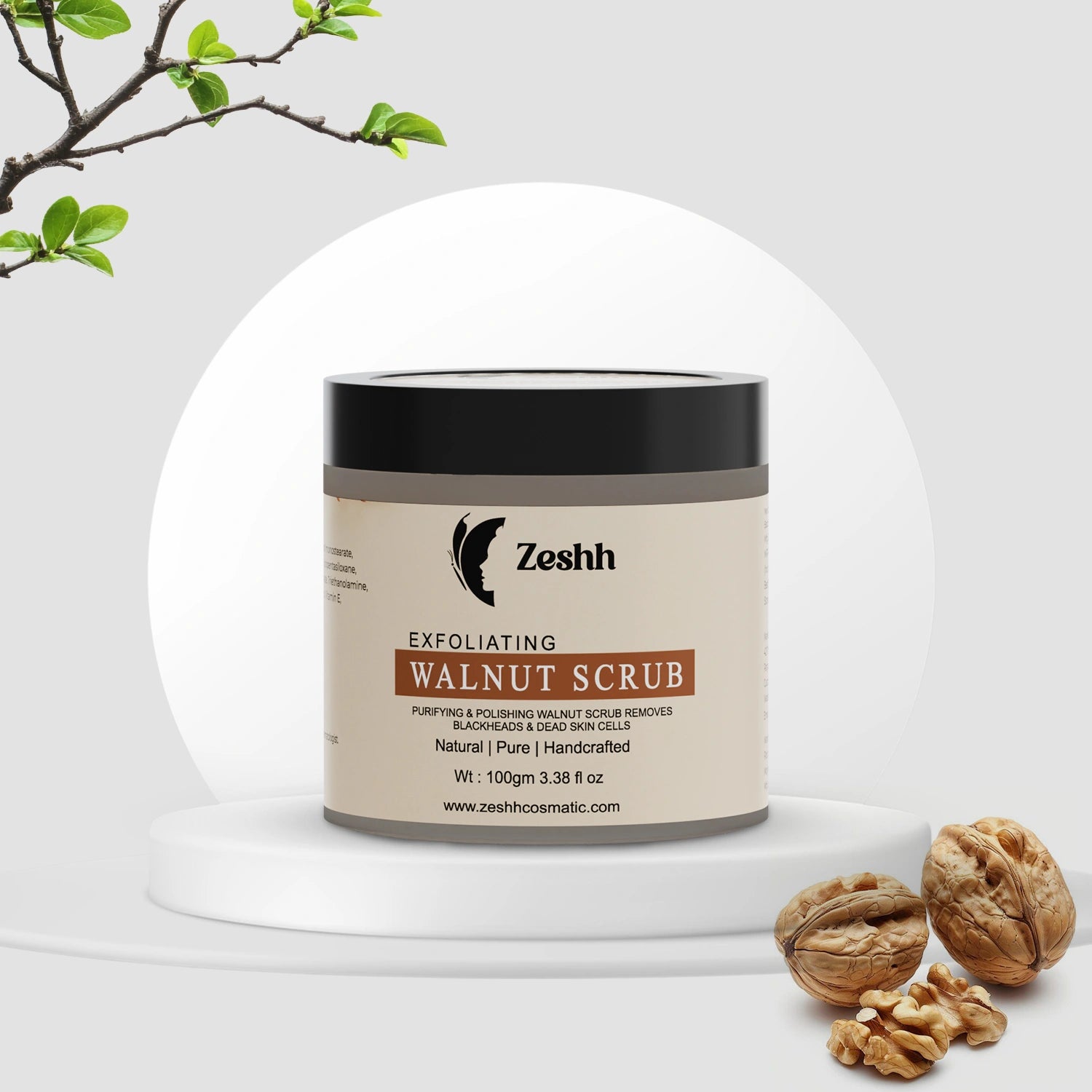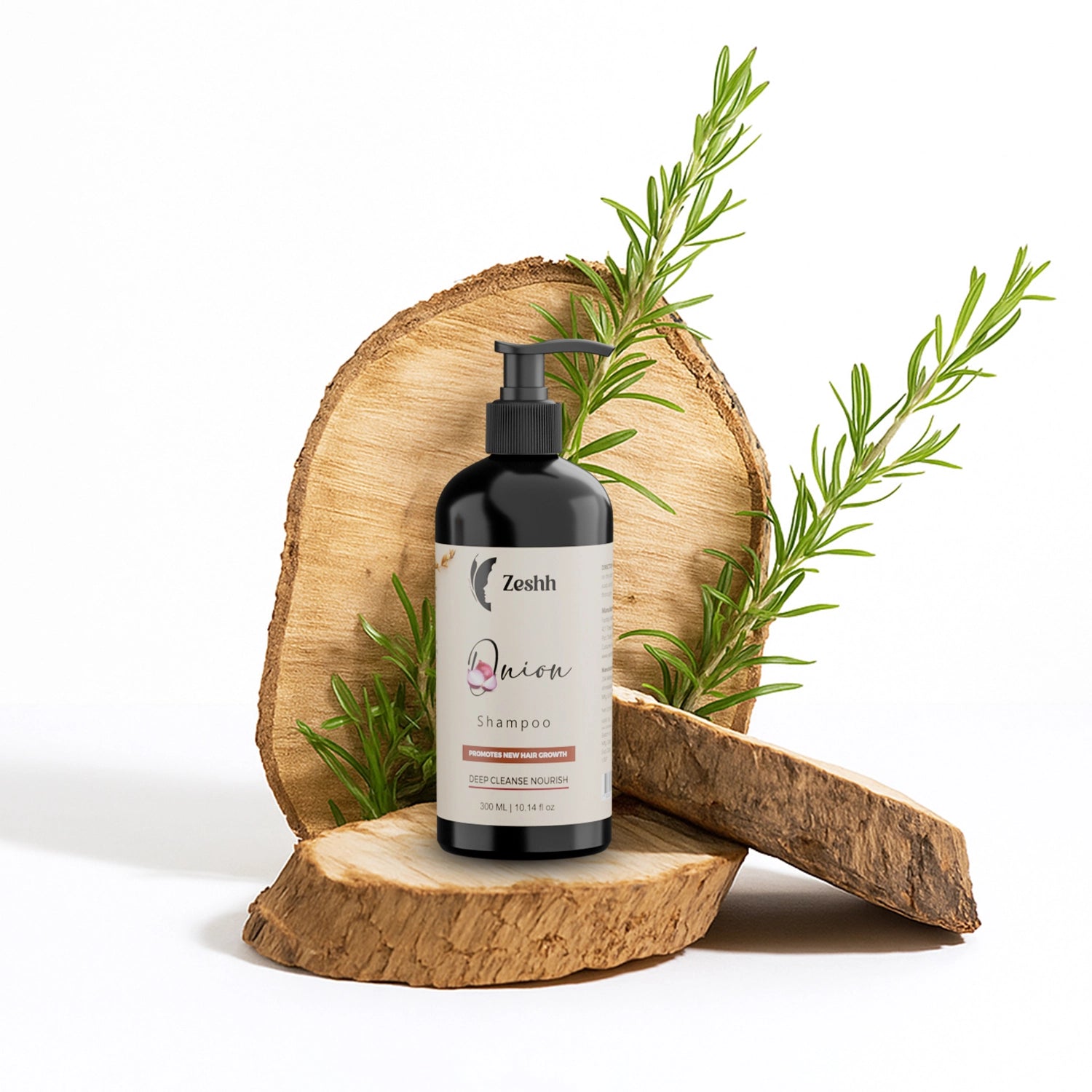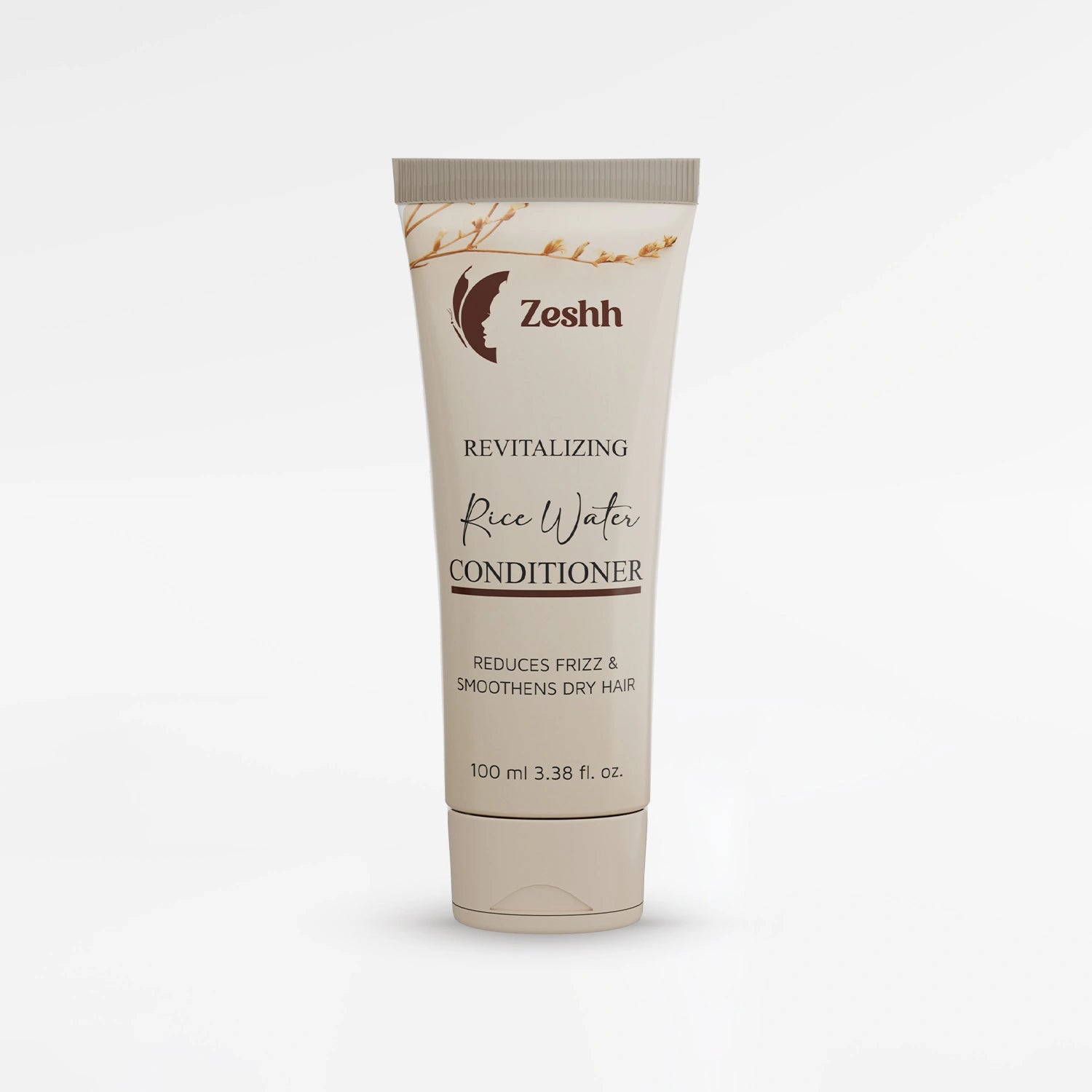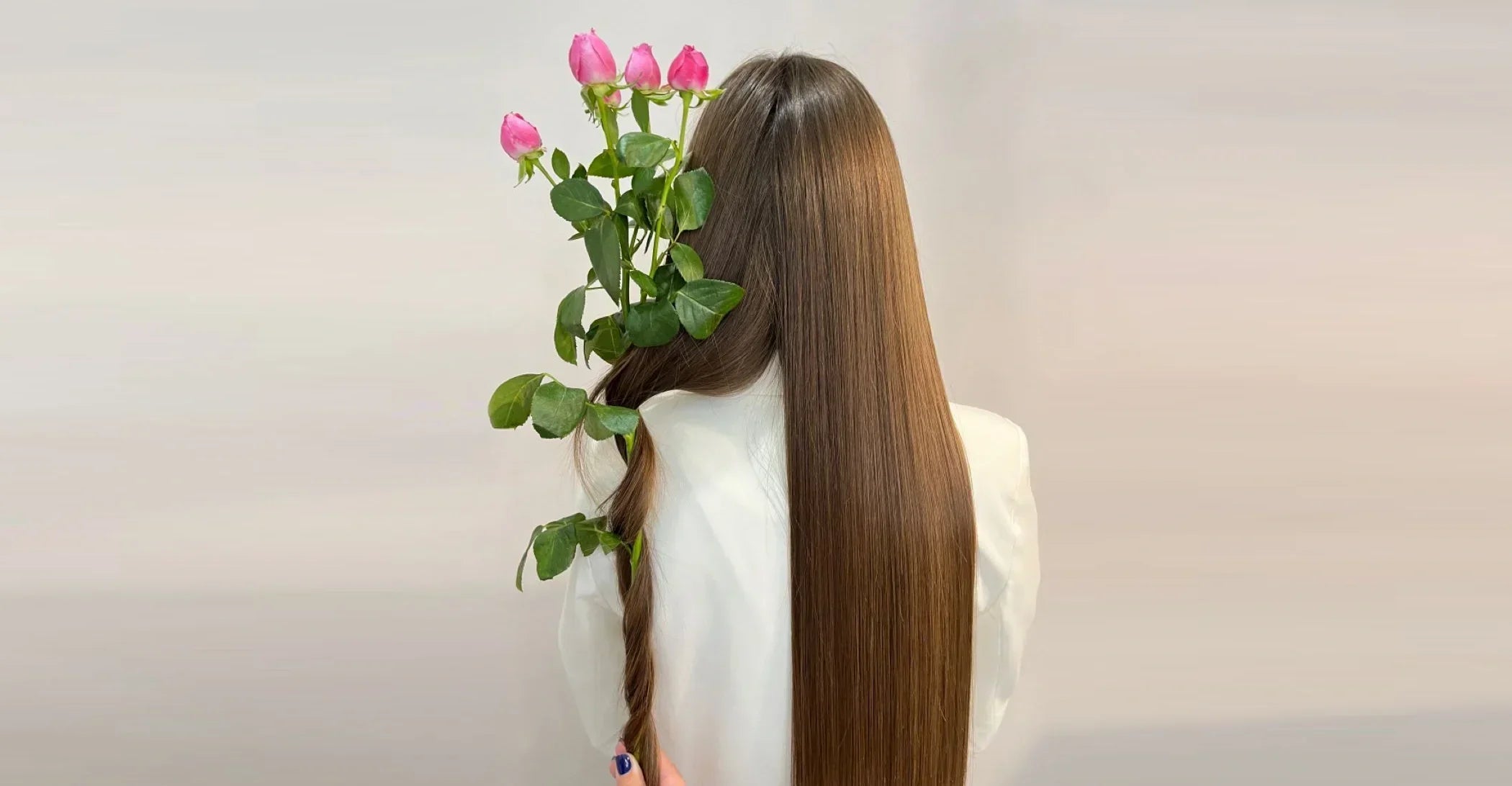6 Essential Haircare Tips for Monsoon
The monsoon season brings with it a sense of freshness and relief from the scorching summer heat. However, for your hair, it can be one of the most challenging times of the year. The increase in humidity, sudden temperature changes, and frequent exposure to rainwater can wreak havoc on your hair and scalp. If you’ve been dealing with frizz, dandruff, excessive hair fall, and lifeless strands, you’re not alone.
To keep your hair healthy and vibrant despite the seasonal challenges, it’s essential to adopt a special monsoon haircare routine. This comprehensive blog explores 6 expert-recommended haircare tips designed to tackle common monsoon hair issues using natural ingredients and effective routines.
1. Keep Your Scalp Clean and Healthy
One of the most important monsoon hair care tips is maintaining a clean scalp. The scalp becomes more oily during the rainy season due to humidity, which can lead to clogged pores, fungal infections, and dandruff. Rainwater is often acidic or polluted, making the scalp more prone to bacterial and fungal growth.
Use a gentle, sulfate-free shampoo that cleanses without stripping away natural oils. Shampoos infused with onion extract, ginger oil, neem, and tea tree oil are excellent choices for deep cleansing while fighting dandruff and buildup.
Zeshh Tip: Try Zeshh Onion Shampoo with Ginger Oil – known for its antibacterial and antifungal properties. It helps cleanse the scalp, strengthen hair roots, and reduce dandruff.
Haircare Tip:
-
Wash your hair 2–3 times a week
-
Avoid using hot water; lukewarm water is best
-
Follow up with a nourishing conditioner
2. Avoid Applying Hair Oil Just Before Stepping Out
Oiling is a timeless tradition in Indian haircare, but the monsoon season demands a slightly altered approach. Applying oil before stepping out can attract dust and pollutants, leading to greasy and dirty hair. Instead, opt for overnight oiling using lightweight oils that get absorbed easily without weighing your hair down.
Ideal Oils for Monsoon:
-
Coconut oil
-
Argan oil
-
Almond oil
-
Bhringraj and Amla blends
Zeshh Tip: Use Zeshh Regrowth Hair Tonic enriched with Amla, Bhringraj, Neem, and Aloe Vera. It not only promotes hair growth but also reduces scalp inflammation and keeps your scalp healthy.
Haircare Tip:
-
Apply oil at night and wash off in the morning
-
Avoid excessive oiling – once a week is enough during monsoon
3. Condition Your Hair After Every Wash
Humidity makes hair more porous, leading to frizz, roughness, and breakage. Using a good conditioner helps seal moisture into the hair shaft, reduces frizz, and enhances manageability. A conditioner enriched with rice water, aloe vera, and coconut oil can deeply hydrate and detangle hair.
Zeshh Tip: Use Zeshh Revitalizing Rice Water Conditioner or Zeshh Pro Keratin Hair Mask after shampooing. It helps nourish dry strands, reduce breakage, and add natural shine.
Haircare Tip:
-
Focus conditioner on mid-lengths and ends, not the scalp
-
Leave it on for at least 2–3 minutes before rinsing
-
For added hydration, use a leave-in conditioner occasionally
4. Minimize Heat Styling and Use Protective Products
Heat styling tools like flat irons, curlers, and blow dryers can further damage your already vulnerable monsoon hair. Frequent use of heat can strip hair of natural oils, leading to dryness and brittleness. Embrace your natural texture during the rainy season and opt for gentle styling methods.
Zeshh Tip: If styling is necessary, use a heat protectant spray before any heat application. Look for ingredients like argan oil, vitamin E, or keratin.
Haircare Tip:
-
Let your hair air-dry naturally
-
Use microfiber towels to dry your hair instead of rough towels
-
Use silk or satin pillowcases to prevent friction and breakage
5. Maintain a Healthy, Hair-Friendly Diet
Healthy hair begins with a healthy body. During the monsoon, your digestion might slow down and your immune system might be more vulnerable. A poor diet can directly impact the health of your hair.
Eat foods rich in:
-
Protein (eggs, lentils, dairy)
-
Omega-3 fatty acids (flaxseeds, walnuts, fish)
-
Iron (spinach, beetroot)
-
Biotin and Vitamin E (almonds, sunflower seeds)
Zeshh Tip: Complement your haircare routine with a biotin-rich diet and adequate hydration. Include herbal teas that detox the body and improve blood circulation to the scalp.
Haircare Tip:
-
Stay hydrated with at least 8 glasses of water a day
-
Avoid excessive sugar, caffeine, and fried foods
6. Use a Weekly Hair Mask for Deep Repair
A hair mask works like a spa treatment at home. It helps restore moisture, repair damage, and strengthen weak strands. Use a mask once or twice a week to combat frizz, dryness, and environmental damage.
Zeshh Tip: Try the Zeshh Pro Keratin Hair Mask. Formulated with keratin protein, shea butter, and coconut oil, it restores strength, adds shine, and provides long-lasting smoothness.
Haircare Tip:
-
Apply after shampooing, leave for 10 minutes, and rinse
-
Focus on the lengths and ends
-
Cover your head with a warm towel for deeper penetration
Bonus Tips for Monsoon Haircare
-
Avoid tight hairstyles: Let your hair breathe
-
Trim regularly: Keeps split ends away
-
Avoid frequent chemical treatments: Delay coloring, rebonding, etc.
-
Use natural products: Free from parabens, sulfates, and harsh chemicals
-
Cover your hair in the rain: Use a scarf or umbrella to prevent rainwater damage
FAQs on Monsoon Haircare
1. How often should I wash my hair during the monsoon?
2–3 times a week is ideal. This keeps the scalp clean without over washing and stripping natural oils.
2. Can rainwater damage hair?
Yes. Rainwater often contains pollutants and acidic content, which can weaken hair and cause scalp infections.
3. Which shampoo is best for dandruff in monsoon?
Zeshh Onion Shampoo with Ginger Oil is ideal as it has natural antibacterial properties that fight dandruff and reduce scalp buildup.
4. Is oiling good for hair in rainy season?
Yes, but do it overnight. Avoid oiling just before stepping out to prevent attracting dust and grime.
5. Can I use conditioner on my scalp?
No. Conditioner should be applied from mid-lengths to ends to avoid scalp buildup and greasiness.
6. How to deal with frizzy hair during monsoon?
Use a moisturizing conditioner and weekly hair mask like Zeshh Pro Keratin Hair Mask to lock in hydration and reduce frizz.
7. What foods should I eat for healthy hair in monsoon?
Consume foods rich in biotin, protein, omega-3, and iron. Drink plenty of water and reduce processed foods.
8. Is it okay to color hair during the monsoon?
Try to postpone chemical treatments. Monsoon weather makes hair more porous and susceptible to damage.
9. How can I protect my hair while traveling in the rain?
Cover your hair with a scarf or use a protective cap. Wash hair with a gentle cleanser afterward.
10. Can natural remedies help in monsoon hair care?
Yes. Ingredients like neem, aloe vera, coconut oil, and rice water are highly effective and gentle for the season.
Final Thoughts
Monsoon doesn’t have to be a nightmare for your hair. With the right monsoon haircare routine, natural products, and a little extra care, you can keep your locks healthy, strong, and beautiful throughout the season.
From using a gentle shampoo, lightweight oil, hydrating conditioner, to nourishing with deep repair hair masks, every step counts. Complement your routine with a healthy diet and minimal heat styling for the best results.
Shop the Zeshh Haircare Collection
Choose from our range of sulfate-free shampoos, rice water conditioners, keratin masks, and botanical hair oils specially formulated for monsoon hair concerns.
Stay beautiful, stay confident—the Zeshh way.
